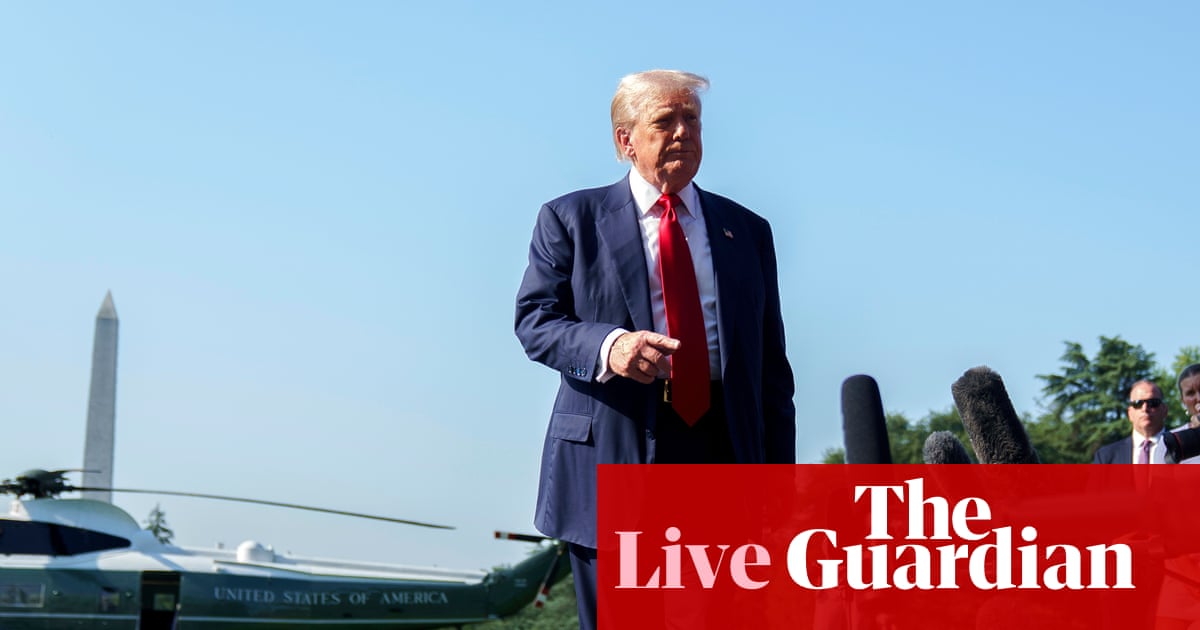T4K3.news
France and Germany react negatively to US trade deal
EU leaders express discontent over a new trade agreement with the U.S.

EU leaders show concern about a new trade agreement with the U.S.
France and Germany express disappointment over US trade deal
Leaders from France and Germany have expressed discontent over a recent trade deal signed between the EU and the United States. German Chancellor Friedrich Merz criticized the agreement, claiming it would harm his country’s economy. Likewise, French Prime Minister Francois Bayrou described the deal as a form of submission. Across Europe, there are mixed feelings; while the agreement includes a reduced tariff on EU exports, many believe it comes at too high a cost. The deal, which needs approval from all 27 EU member states, reflects the complex dynamics in transatlantic trade relations. Despite the disappointment, some EU leaders recognize the necessity of the agreement to avoid a broader trade war, highlighting a delicate balance between economic reality and political aspirations.
Key Takeaways
"It is a dark day when an alliance of free peoples, brought together to affirm their common values, resigns itself to submission."
This statement by French Prime Minister Bayrou highlights the discontent felt within parts of the EU about the trade deal.
"The agreement will substantially damage our finances."
German Chancellor Friedrich Merz criticized the trade deal's implications for Germany's economy.
"We couldn't expect to achieve any more against a U.S. president determined to rebalance relationships."
Merz reflected on the difficulties faced by EU leadership in negotiating with the U.S.
"This is a huge deal that will bring us closer together."
EU chief von der Leyen's perspective emphasizes a more optimistic outlook on the deal.
The muted response from France and Germany underscores a significant tension within the EU regarding trade relations with the United States. The agreement may represent a pragmatic step to avoid conflict, but it raises questions about the EU's collective bargaining power. In a landscape where economic dependencies and national interests collide, member states face difficult decisions. The divide in reactions suggests that while avoiding a trade war is seen as positive, the manner of engagement with the U.S. could lead to deeper frictions within the EU. Historically, strong alliances have been built on mutual respect, and this trade deal may be perceived by some as a retreat from those principles.
Highlights
- A dark day for an alliance of free peoples
- The deal could harm European economies
- Negotiating against a determined U.S. is challenging
- Avoiding a trade war came at a steep price
Concerns over economic impact and political backlash
Leaders in France and Germany warn that the trade deal may negatively affect their economies and traditional alliances, leading to criticism from various political factions and necessitating a careful balancing of national interests.
The evolving dynamics of EU-U.S. trade relations remain crucial in an uncertain global economy.
Enjoyed this? Let your friends know!
Related News

Stock markets fall sharply after Trump tariff announcement

US-EU trade deal limits tariffs to 15%

EU faces backlash from France and Germany over US trade deal

US-EU trade deal faces backlash from European leaders

Trump warns Canada on trade deal following Palestine recognition

Ukrainian military impacted by Starlink outage

Supreme Court overturns convictions of two City traders

Trump states 50-50 chance for EU trade deal
